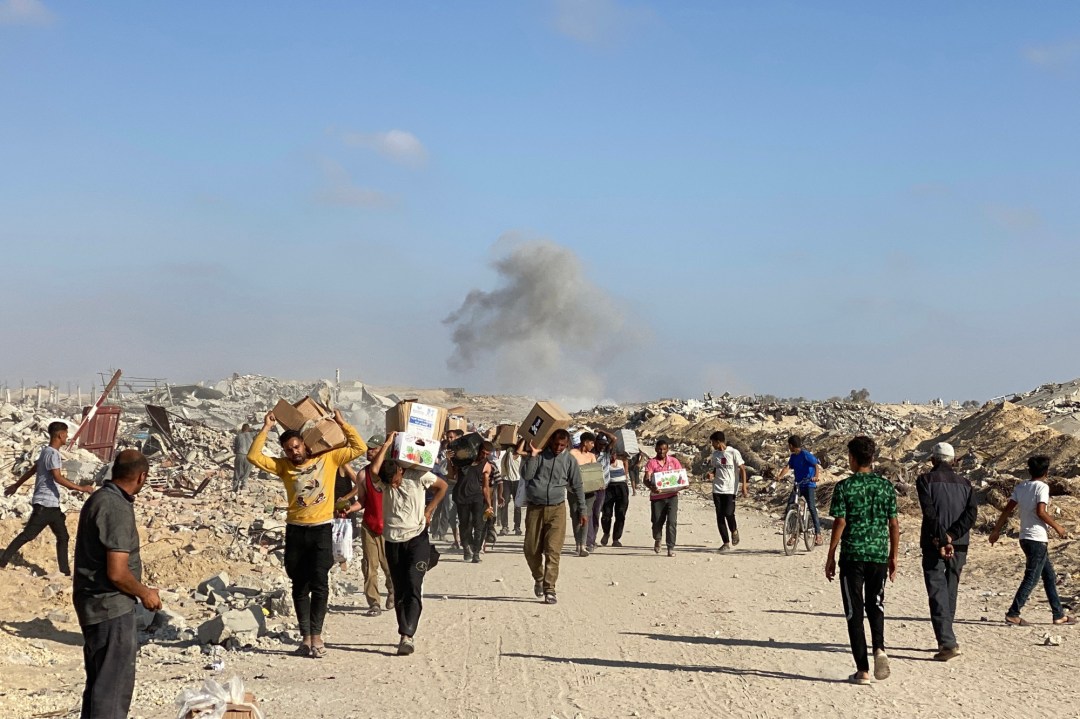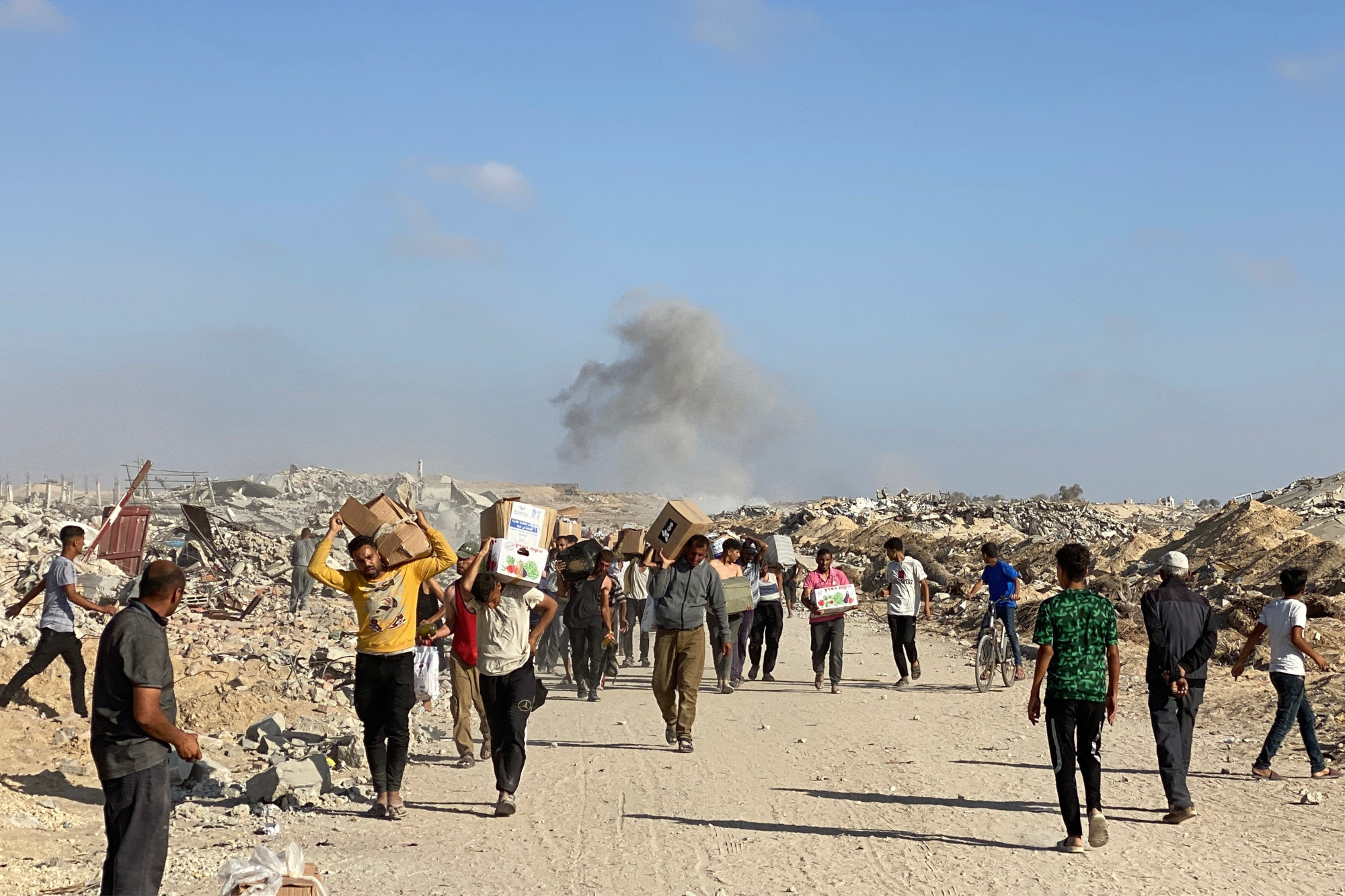If the war in Gaza has taught the world anything, it is this: truth in war is rarely immediate. In the fog of conflict, facts take time, evidence can be manipulated and early narratives are often weaponised. Yet time and again, much of the international media – and too many public officials – refuse to learn this lesson. Faced with shocking claims, particularly when they implicate Israel, they rush to publish, to condemn, to headline. Rarely do they wait for verification. Even more rarely do they correct with the same urgency when the facts unravel.
In the fog of conflict, facts take time, evidence can be manipulated and early narratives are often weaponised
Yet another example of this phenomenon arose in the early hours of Sunday morning, when headlines raced across international media: ‘Dozens killed as Israeli tanks open fire near aid distribution centre in Rafah.’ The implication was immediate and visceral – Israel had slaughtered starving Palestinians queuing for food.

Britain’s best politics newsletters
You get two free articles each week when you sign up to The Spectator’s emails.
Already a subscriber? Log in








Comments
Join the debate for just $5 for 3 months
Be part of the conversation with other Spectator readers by getting your first three months for $5.
UNLOCK ACCESS Just $5 for 3 monthsAlready a subscriber? Log in